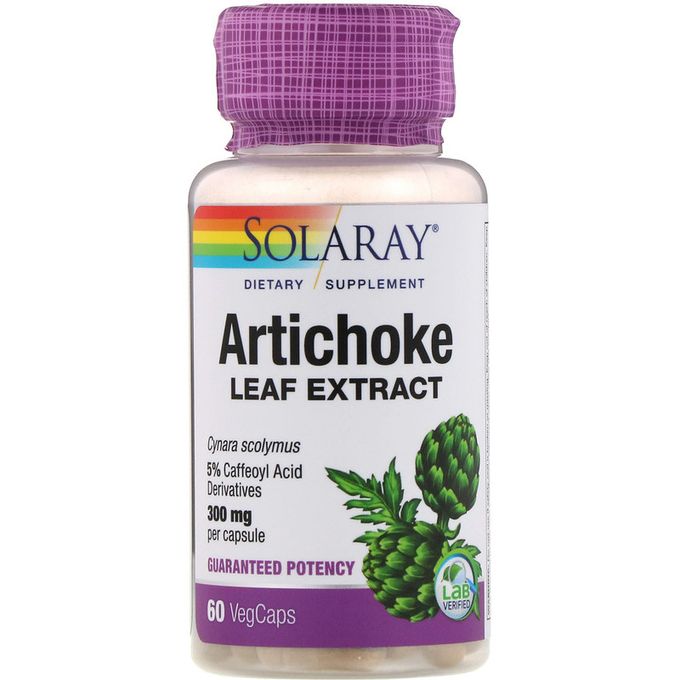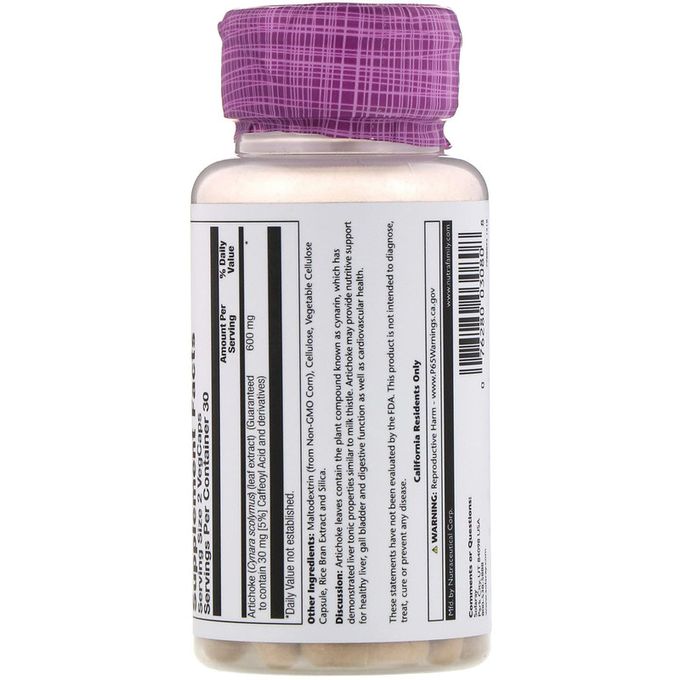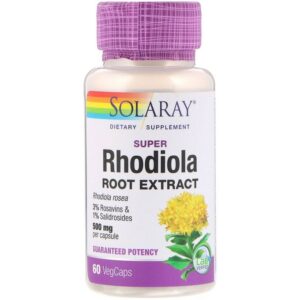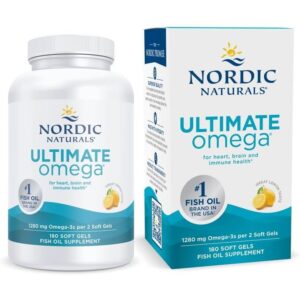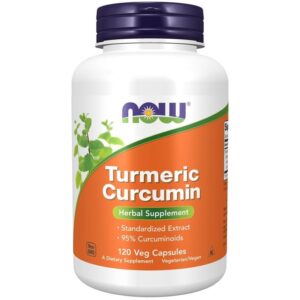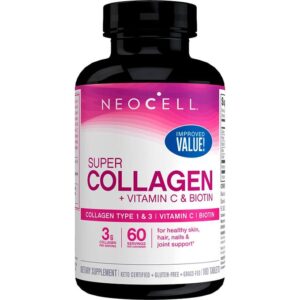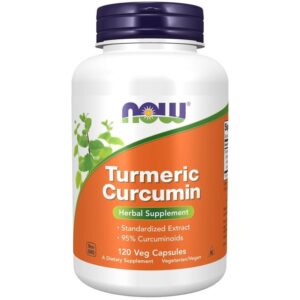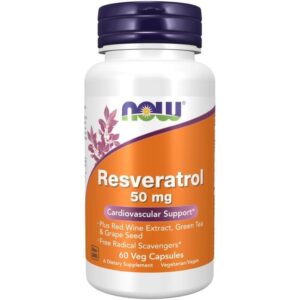Description
Artichoke leaves contain a large number of active ingredients, including cynarin, 1,3-dicaffeoylquinic acid, 3-caffeoylquinic acid, and scolymoside. The choleretic (bile-stimulating) action of the plant has been well documented in a controlled trial involving a small sample of healthy volunteers. After administering 1.92 grams of standardized artichoke extract directly into the duodenum, bile flow from the liver increased significantly. This choleretic effect has led to the widespread use of artichoke extract in Europe for the treatment of mild indigestion, particularly after a high-fat meal. In an uncontrolled clinical trial of 553 people with nonspecific digestive complaints (including indigestion), 320–640 mg of standardized artichoke extract taken three times daily reduced nausea, abdominal pain, constipation, and flatulence in more than 70 of the study participants.
The standardized extract has also been used to treat high cholesterol and triglycerides. In a preliminary trial and a controlled trial, it was found that the use of standardized artichoke extract significantly lowered cholesterol and triglycerides when taken in amounts ranging from 900 to 1,920 mg per day. A preliminary trial found no effect.
Although scientists are unsure how artichoke leaves lower cholesterol, test-tube studies have suggested that the action may be due to inhibition of cholesterol synthesis and/or increased cholesterol elimination due to the plant's choleretic action. Test-tube studies have shown that artichoke flavonoids (e.g., luteolin) prevent the oxidation of LDL cholesterol, an effect that may reduce the risk of atherosclerosis.

